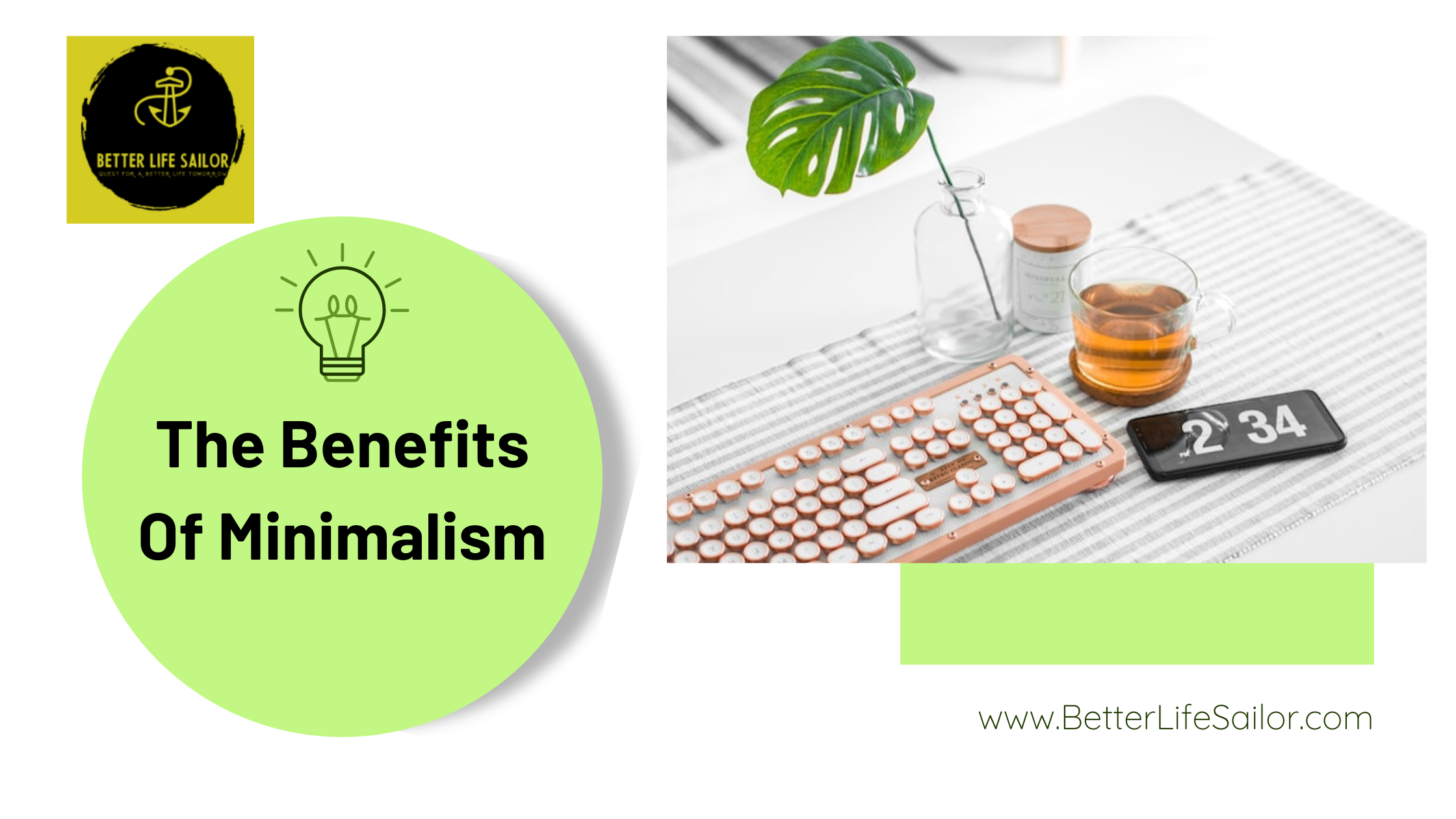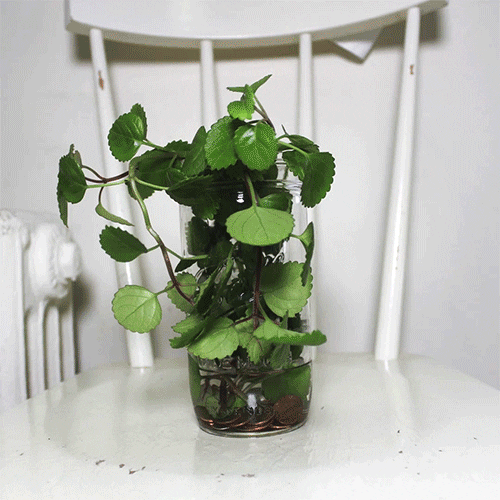Minimalism: The Path to an Organized, Stress-free and Decluttered Life is my humble attempt to provide an overview of what minimalism is, what it can offer, and some insights into how this lifestyle can be implemented. The first section of this book highlights a brief history of minimalism and its origins. It also covers how the minimalist movement has evolved over time, what modern day minimalism looks like, and its benefits. The second section covers a wide range of strategies and techniques that you could use to declutter, get organized, and live in a stress-free and minimalist home. The last section highlights what a minimalist lifestyle could look like; it covers a wide range of topics including minimalism in money, health, relationships, and much more. My hope is that this book will enable you to find joy in simplifying and to find happiness in fewer things that truly matter.
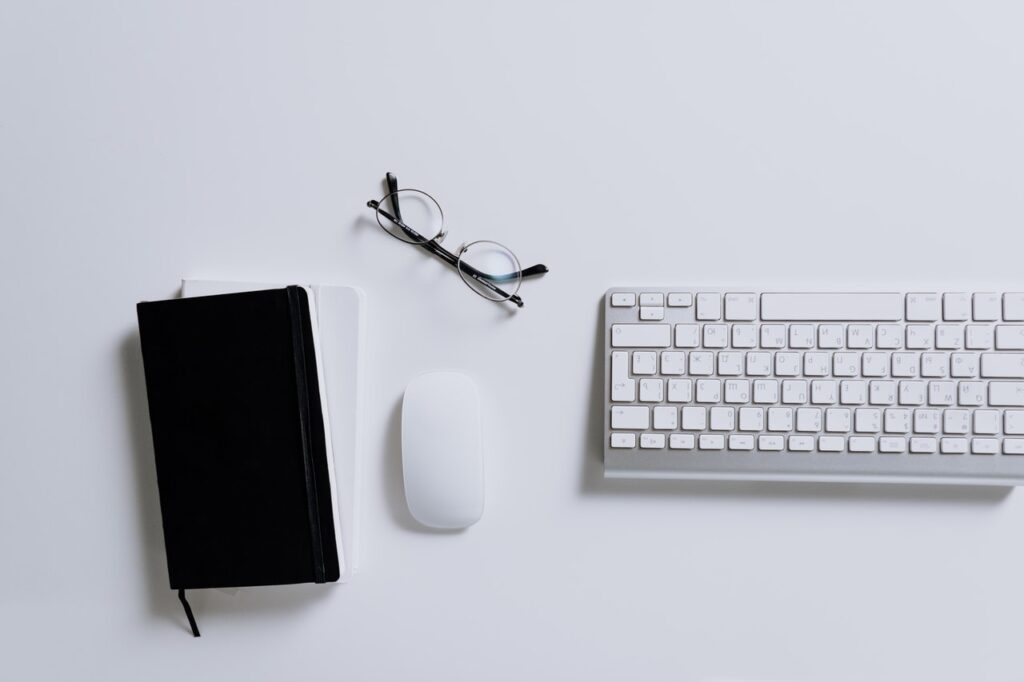
Minimalism is a lifestyle that focuses on reducing excess and clutter in one’s life, both physically and mentally. This can have a number of positive impacts on a person’s life. For example, by simplifying their possessions and reducing clutter, minimalists may experience increased feelings of calm and control in their environment. This can lead to improved mental clarity and focus, as well as increased productivity. Additionally, minimalism can also help to reduce stress and anxiety, as people are often overwhelmed by the amount of stuff they have to manage. By streamlining their possessions and simplifying their lives, minimalists can often find more time and energy to focus on the things that are most important to them.
Minimalism is a lifestyle choice that emphasizes simplicity and purposeful living. Benefits of minimalism include increased focus, fewer distractions, greater contentment, and a higher quality of life.
Benefits of minimalism include:
• Increased focus and concentration
• Fewer distractions
• Greater contentment
• More time for meaningful activities
• More financial stability
• Less stress and anxiety
• Stronger relationships
• Reduced environmental impact
• Greater appreciation for the simple things in life
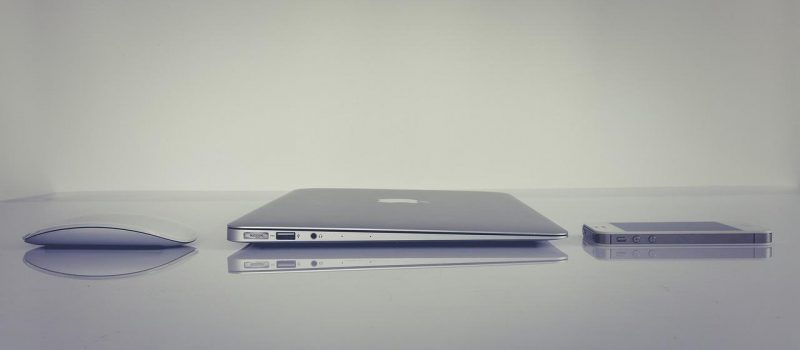
Practicing minimalism is all about decluttering and simplifying your life. Here are a few steps you can take to get started:
• Make a list of what matters to you most and prioritize these items
• Take inventory and determine which items can be removed or donated
• Create and maintain boundaries for yourself, such as limits on material purchases
• Make use of available storage solutions and keep clutter to a minimum
• Become mindful of the items you already own and find ways to put them to use
• Simplify or reduce daily tasks or activities that add unnecessary stress
• Make time for yourself to enjoy the simple things life has to offer.
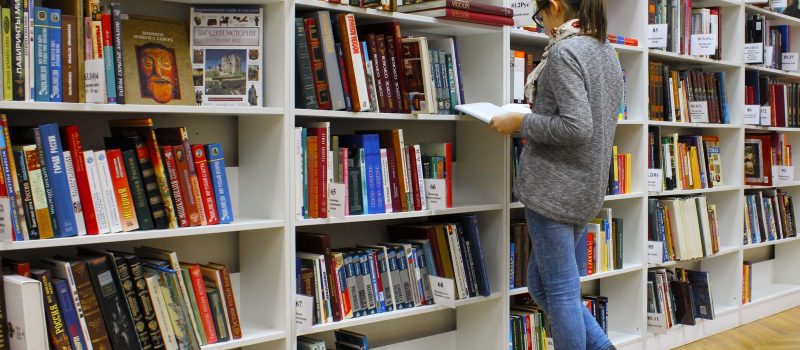
Minimalism is a lifestyle that focuses on reducing excess and clutter in one’s life, both physically and mentally. This can have a number of positive impacts on a person’s life. For example, by simplifying their possessions and reducing clutter, minimalists may experience increased feelings of calm and control in their environment. This can lead to improved mental clarity and focus, as well as increased productivity. Additionally, minimalism can also help to reduce stress and anxiety, as people are often overwhelmed by the amount of stuff they have to manage. By streamlining their possessions and simplifying their lives, minimalists can often find more time and energy to focus on the things that are most important to them.
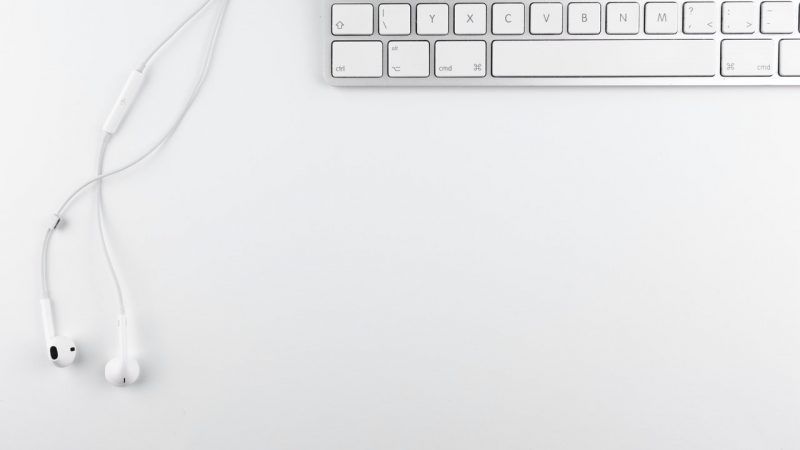
Minimalism is a lifestyle that has gained popularity in recent years, as people become increasingly aware of the negative impacts of consumerism and excess on their lives and the environment. At its core, minimalism is about simplifying one’s possessions and focusing on what is truly important in life.
One of the key benefits of minimalism is the increased sense of calm and control it can bring to one’s life. When we are surrounded by clutter and excess, it can be difficult to think clearly and focus on the tasks at hand. By reducing the amount of stuff we have, we can create a more peaceful and organized environment, which can in turn improve our mental clarity and focus.
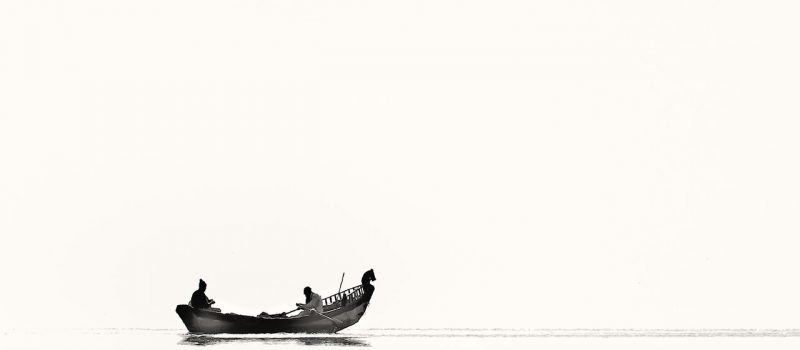
Additionally, minimalism can help to reduce stress and anxiety. Many of us feel overwhelmed by the sheer amount of stuff we have to manage on a daily basis, from cleaning and organizing our possessions to keeping track of our schedules. By simplifying our lives and reducing the amount of stuff we have, we can free up time and energy to focus on the things that are most important to us, such as our relationships, personal growth, and pursuing our passions.
Furthermore, minimalism can also have a positive impact on our finances. By reducing our consumption and only purchasing items that truly bring value to our lives, we can save money and avoid the trap of consumer debt. This can give us more financial freedom and flexibility, and allow us to focus on building a secure financial future for ourselves and our families.
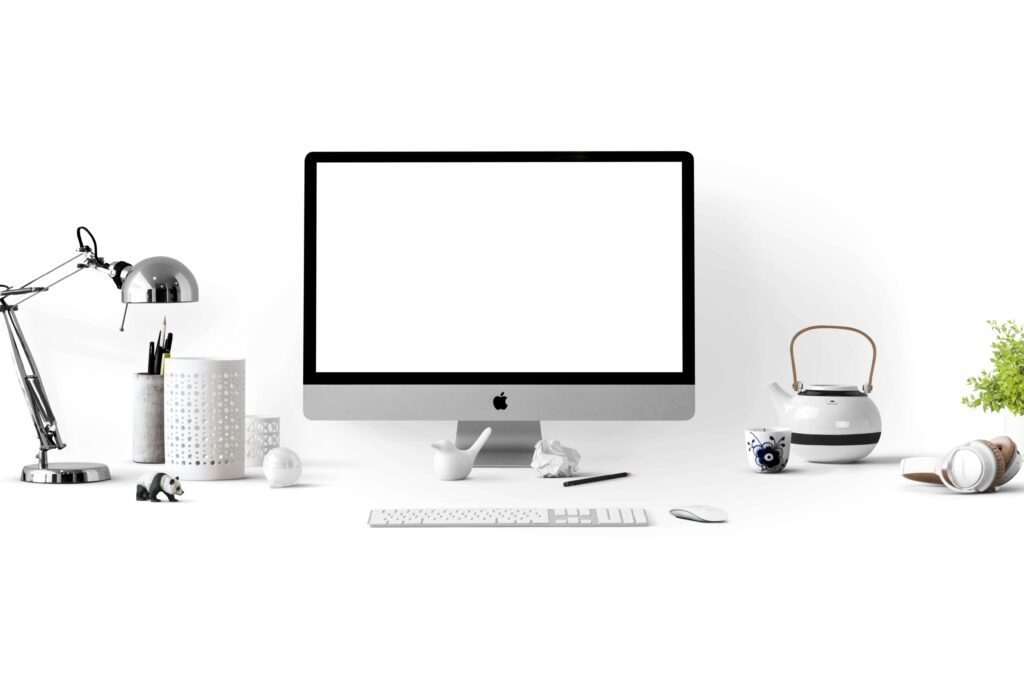

In conclusion, minimalism is a lifestyle that offers numerous benefits, both to the individual and to the world at large. By simplifying our possessions and focusing on what is truly important in life, we can experience increased calm, focus, and happiness, as well as reduced stress and anxiety. Furthermore, minimalism can also help us to save money and build a more secure financial future for ourselves and our families. If you are considering incorporating minimalism into your own life, start small and focus on one area at a time, such as decluttering your home or reducing your spending on unnecessary items. With time and practice, you can learn to embrace the simplicity and joy of a minimalist lifestyle.
